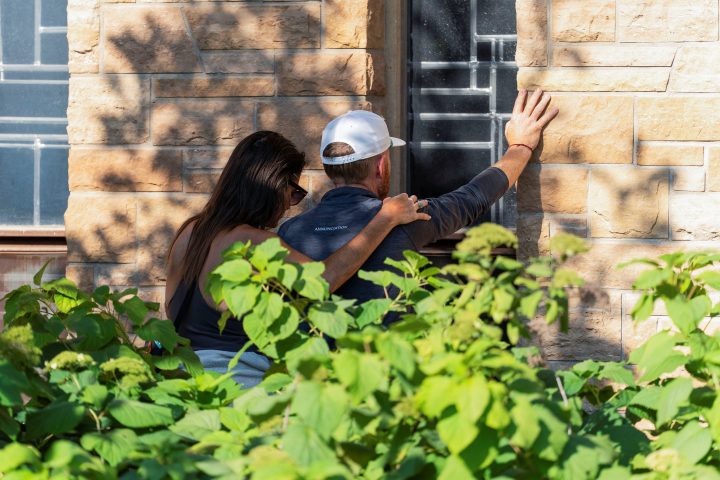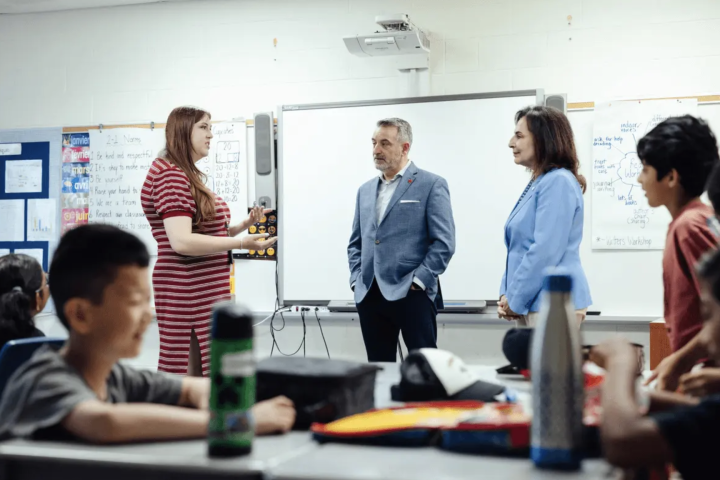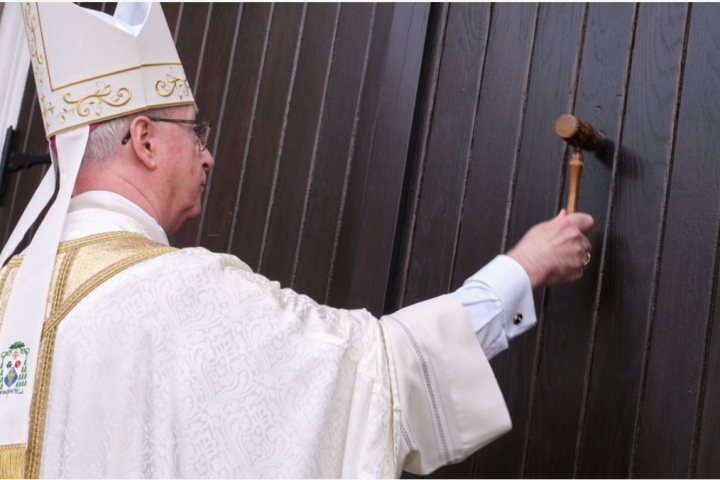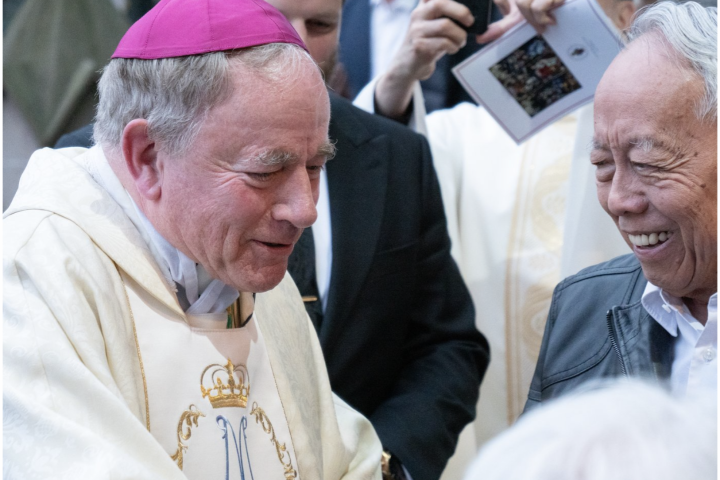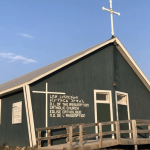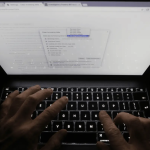OTTAWA — Prime Minister Mark Carney is poised to trigger a snap federal election for late April or early May on Sunday by asking Governor General Mary Simon to dissolve Parliament, setting in motion what could be the most consequential national vote in generations.
As Canadians prepare for the upcoming campaign, Canadian Conference of Catholic Bishops (CCCB) president Bishop William McGrattan urged Christians to get involved in the electoral process.
“I think it is important to realize we do have this freedom and also the responsibility to exercise a decision that will support the country in moving forward in a way that respects common values,” said McGrattan, who is Bishop of Calgary.
Discourse between relatives, friends, co-workers and fellow churchgoers about the daily news and philosophical debates about the soul of the nation will magnify during the campaign timeframe.
Instead of adopting a combative and intolerant posture during a political discussion with someone expressing clashing viewpoints, McGrattan said people can exchange ideas charitably.
“I think the first step is to make sure that one is educated or aware of the issues so that one can speak with a certain degree of knowledge,” said McGrattan.
“And then be open to listening to another person’s perspective and question why they might hold that particular perspective on an issue. Maybe then say, ‘from my perspective of my life of faith, I see this in this light.’
“Faith is not a political position, but faith provides values that we need to be reflecting in our discussions and in making decisions regarding the future of a country and a society.”
Catholics, specifically, are encouraged to resist being one- or two-issue voters by meditating upon all seven core principles of Catholic Social Teaching (CST):
• Dignity of the human person from conception to natural death;
• Call to family, community and participation;
• Rights and responsibilities;
• Option for the poor and vulnerable;
• The dignity of work and the rights of workers;
• Solidarity;
• Care for God’s Creation.
Lay associations, such as the Society of St. Vincent de Paul, the Catholic Women’s League, the Knights of Columbus, Development and Peace-Caritas Canada, and pro-life groups that champion these values with their respective missions have been active in previous election cycles.
McGrattan suggested clergy can meaningfully assist these groups by being aware of the realities of food insecurity, mental illness, euthanasia, and health-care barriers in their local context and then “bring those to the attention of our faithful in their discernment and education as the election unfolds.”
For discernment, he said prayer to the Holy Spirit for guidance and wisdom is “essential at this time as we prepare to go into an election.”
Reciting the Lord’s Prayer, the foundational Christian prayer that Jesus taught to his disciples, is also recommended by McGrattan. The pre-vote spiritual practice strikes a personal chord.
“I remember my father telling me to make sure you pray before you go and vote,” said McGrattan. “He always said he would say the Our Father before placing the ballot in the box. I remember him telling me that as I came of age to vote. He gave me that sage wisdom and prudence.”
The mentality a Catholic brings into the voting booth is also vital. Recognizing that voting is a responsibility, said McGrattan, should ensure that “one doesn’t just see this as a kind of superficial or just a very momentary type of decision.” He added that voting should be approached believing “this is an act of love and service.”
As for after the vote, McGrattan suggested observing the Ignatian teaching of holy indifference — embracing God’s will and direction by surrendering personal preferences.
“It is about one accepting the outcome and trying to live with that and contribute the best they can,” said McGrattan. “If things don’t necessarily align with one’s vote, one will try and find ways to continue to advocate for some of the issues they saw as important.”
McGrattan stressed that while “God knows the outcome, and God has in some ways ordained what is to unfold in our life and in the life of a country,” at the same time “He wants us to act freely and responsibly. Voting is part of that human dignity we have given to us by God.”
McGrattan also has a call to action for young voters.
“Especially for the young voters, the future is important,” said McGrattan. “They have to give voice to that by being very participatory in terms of elections and making their vote known.”
Canadian Catholic News



